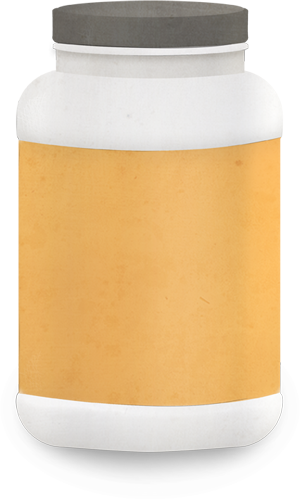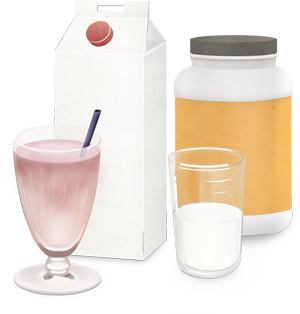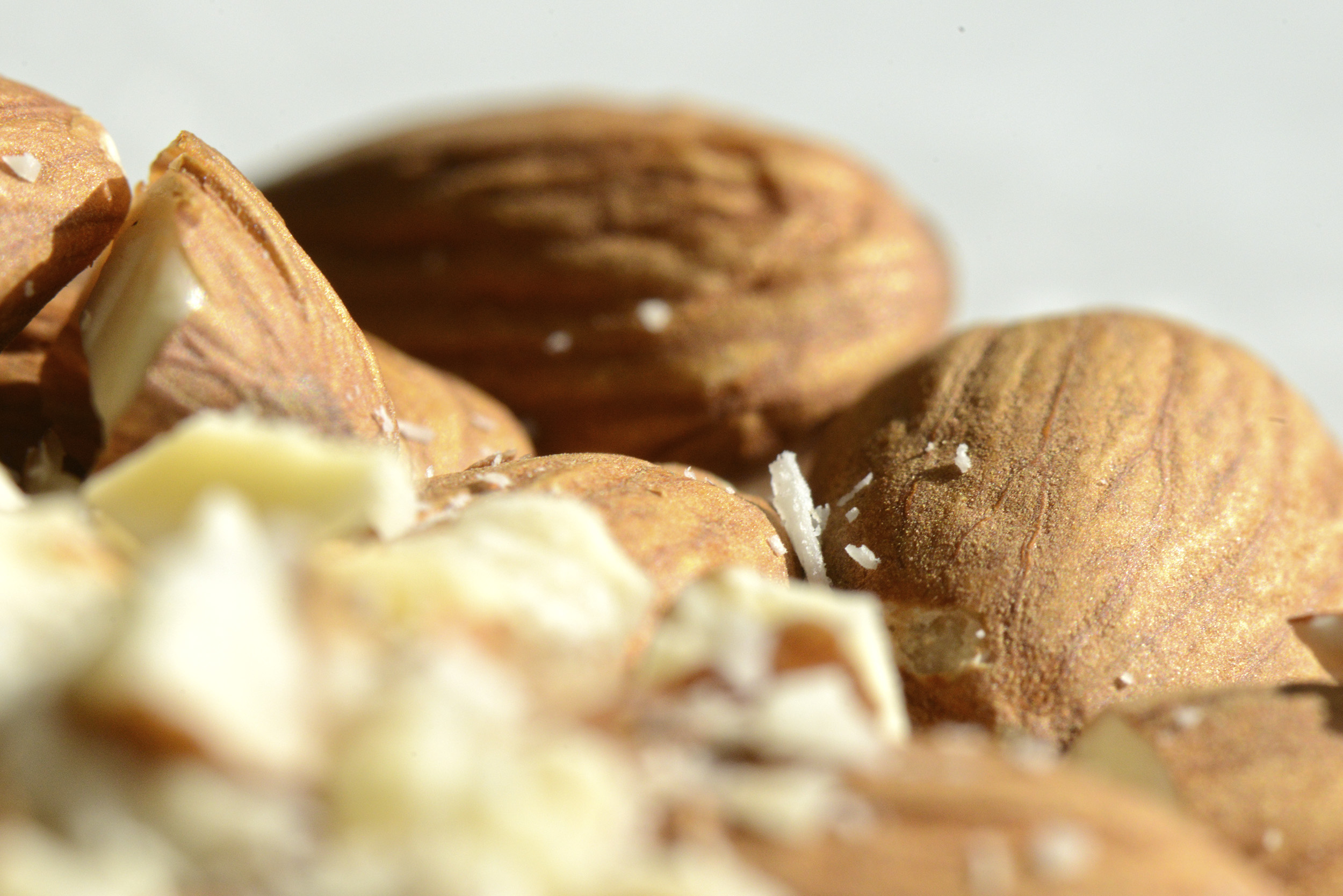Protein Supplementation and Bariatric Surgery
Studies show that there is an inverse relationship between diets that contain adequate protein and abdominal adiposity which is chiefly responsible for obesity-related issues. It is interesting to note that most weight-loss diets recommend a high intake of protein. This addition of protein in the diet comes at the expense of fatty foods or carbohydrates, both categories of eatables have more calories per unit consumed as compared to proteins.
Swordfish as a source of protein

Proteins in diet lead to a feeling of satiety though the mechanism by which this happens is yet to be fully understood. Also, diets with adequate protein are associated with improved insulin sensitivity which leads to a higher resting energy expenditure.
Protein and the human body
Proteins are organic compounds that consist of amino acids; they are an essential requirement for life. Proteins perform several important roles; in their capacity as enzymes they act as catalysts for various bodily functions such as metabolism, digestion, and DNA replication. They are building blocks of hair, skin, and muscle. Proteins are required to maintain hydration levels, transport of nutrients, and muscle contraction.
The digestion of protein begins in the stomach where it is broken down by hydrochloric acid. It continues in the intestine. Protein absorption occurs mainly in the duodenum and the jejunum and almost 90% of it is absorbed by the time it reaches the ileum. Half the protein obtained from milk products is absorbed between the stomach and the jejunum.
Vegetarian sources of protein are invariably deficient in one or more essential amino acids. However; vegetarians can easily achieve the full complement of proteins by adding a little variety to the diet in the form of beans, grains, seeds, and vegetables. Mushrooms, soybeans, amaranth, cheese, and milk are good vegetarian sources of protein.
Yogurt as a source of protein

Protein supplements
Whey protein is relatively inexpensive; it is a byproduct of the cheese-making process. It is easily digestible and hence useful for post-bariatric surgery patients. This form of protein is available in the form of concentrates and isolates.
Protein supplements are popularly derived from whey, casein, egg white, rice, soy, and milk (milk only or a combination of whey and casein).
Whey Protein

Protein supplements derived from casein take longer to digest and do not dissolve as easily in milk and water as compared to whey supplements. Micellar casein does not change during processing and hence is purer than other forms of casein-based protein supplements.
Egg protein supplements are derived from egg white and are medium-acting, i.e. they take between one and three hours to digest. They are ideal for lactose intolerant individuals.
Supplements derived from soy protein contain several essential amino acids and are a good choice for lactose-intolerant vegetarians. However, they may lead to digestion problems in some individuals.
Protein intake after bariatric surgery
Sufficient protein intake is an important aspect of post bariatric surgery nutrition. It has been observed that the macronutrient intake recommended after bariatric surgery is usually 25% proteins, 30% fat, and 45% carbohydrates. Medicines that affect the secretion of hydrochloric acid or neutralize the acids in the stomach affect protein digestion.
Protein deficiency may or may not occur after a standard gastric bypass; however it is common after malabsorptive procedures such as biliopancreatic diversion and gastric bypass procedures that are performed very far down in the intestines. Sometimes, patients may vomit excessively; this is because the altered gastrointestinal tract is yet to adjust to a new way of functioning. Inadequate nutrition in-spite of frequent eating is a rare cause of protein deficiency.
Protein Options

Of the protein served to subjects recovering from bariatric surgery; tough and dry meat is often not tolerated. This intolerance can manifest itself even after many years of surgery. In such cases, it is important that the list of dietary sources of protein be broadened to include fish, egg, pulses, whole grains, etc. Subjects need to guard against developing chronic protein deficiency. Weight loss that occurs from losing muscle instead of fat will happen to some extent after surgery and it may be mitigated by a diet rich in protein. If it is not possible to meet protein requirements through diet then protein supplements must be considered.
The progression to including proteins in diet should be gradual; usually after four weeks, well-cooked meats and vegetables can be given as protein food, always keeping the individual's tolerance in mind. At the meals, patients should make it a point to eat proteins first.
It is possible that inadequate amount of protein can contribute to bone loss; aggravating a situation that may develop from calcium and vitamin D deficiency. Regular assessment of protein intake is very important.
Protein deficiency
Protein plays an important role in the transport of vitamins and minerals and hence insufficient proteins in the body can affect the availability of nutrients such as iron, calcium, copper, and vitamins A & D. Protein deficiency results in protein energy malnutrition. In situations so extreme that it is rarely seen in the United States, malnutrition can result in either marasmus or kwashiorkor.
Kwashiorkor affects children and is characterized by an enlarged liver, a swollen abdomen, and swollen feet. Marasmus is a state of semi-starvation that results in fatigue, muscle wasting, reduced effectiveness of the immune system, and weight loss. Skin discoloration, edema, high blood pressure, and organ failure can result from insufficient protein availability in the body.
Supplement your protein intake










